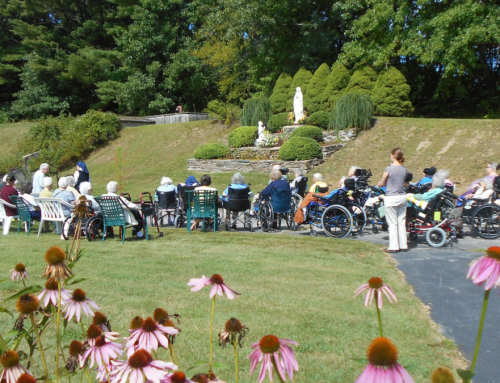As we age, the need for long-term care may arise, and transitioning to a nursing home may become a reality for some individuals. Moving to a nursing home can be a significant life change, and knowing what to expect can help ease the process. In this article, we will discuss what to expect when transitioning to a nursing home, including the services provided, the living arrangements, and the emotional aspects of the transition.
Services Provided in a Nursing Home
Nursing homes are designed to provide 24-hour medical care and supervision for individuals who require assistance with activities of daily living (ADLs) and have complex medical needs. These facilities are staffed with trained healthcare professionals, including registered nurses, licensed practical nurses, and certified nursing assistants, who provide medical care, medication management, assistance with ADLs such as bathing, dressing, and grooming, as well as physical, occupational, and speech therapy.
In addition to medical care, nursing homes also offer various services to enhance the quality of life for residents. These services may include recreational activities, social events, and meals. Many nursing homes also have specialized units or programs to cater to specific needs, such as memory care for individuals with dementia or Alzheimer’s disease.
Living Arrangements in a Nursing Home
The living arrangements in a nursing home typically involve shared or private rooms. Shared rooms, also known as semi-private rooms, are typically shared by two residents and may have a partition or curtain for privacy. Private rooms, on the other hand, provide individual living spaces for residents. The availability of shared or private rooms may vary depending on the facility and the resident’s preference and budget.
Nursing homes are required to provide a safe and supportive environment for residents. The facilities are designed to meet the needs of individuals with mobility challenges, including wheelchair-accessible hallways, bathrooms, and common areas. Many nursing homes also have common areas such as dining rooms, lounges, and outdoor spaces for residents to socialize and engage in recreational activities.
Emotional Aspects of Transitioning to a Nursing Home
Transitioning to a nursing home can be emotionally challenging for both the resident and their family. Leaving behind familiar surroundings and moving into a new environment can trigger feelings of anxiety, sadness, and loss. It is important to acknowledge and address these emotions during the transition process.
One of the key aspects of emotional well-being in a nursing home is maintaining social connections. Many nursing homes offer social activities and opportunities for residents to engage with one another, form friendships, and participate in group activities. Staying connected with family and friends outside the nursing home through visits, phone calls, and other forms of communication can also help residents feel supported and connected to their loved ones.
Adjusting to a new routine and schedule can also take time. Nursing homes typically have established routines for meals, activities, and care, and residents may need to adapt to these schedules. It may take time to establish a sense of familiarity and routine in the new environment, and residents and their families should be patient and understanding during this adjustment period.
Additionally, involving the resident in their care decisions and maintaining a sense of autonomy can help with the emotional aspects of transitioning to a nursing home. Residents should be encouraged to participate in their care planning and decision-making to maintain a sense of control and independence.
Please contact us today for more information about our nursing home related programs.
Matulaitis Rehabilitation and Skilled Care is the leading non-profit skilled nursing facility in Northeast Connecticut. We are proud to receive top national rankings and the highest five-star rating from Medicare’s Nursing Home Compare. Our dedicated staff combines renowned care and exceptional nursing skills with a holistic approach. We fully realize that the restoration of your health and well-being after an illness, operation, or injury can be incredibly difficult.
Our long term care features attention to the whole person, assuring individualized care for fullness of living, spiritual welfare, and providing a sense of community with enriching programming. We invite you to learn more about our special smoke-free facility as you consider your own or a loved one’s needs.






